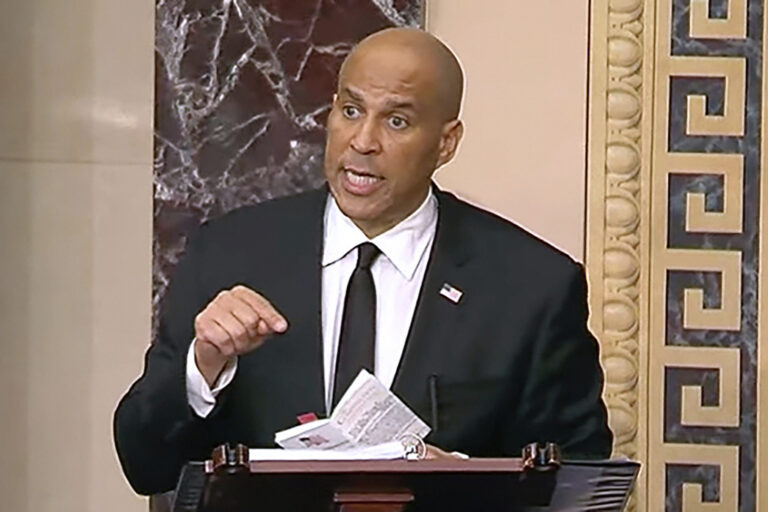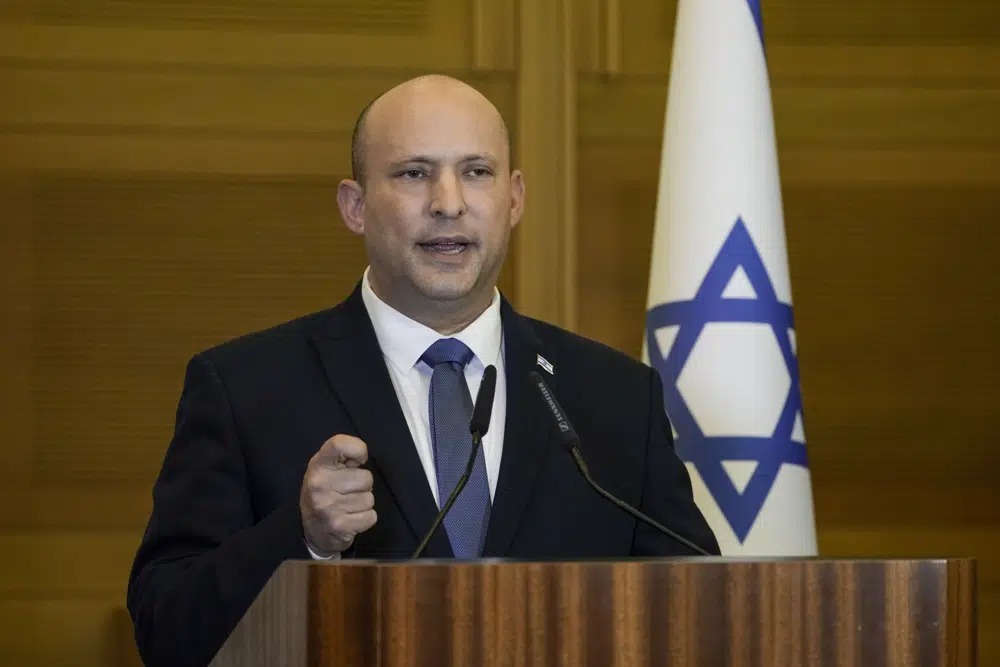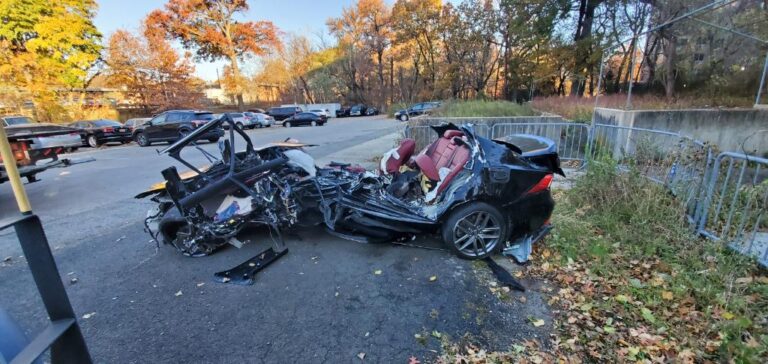 Elizabeth, New Jersey – Amid the often loud national debate over health care reform, a little noticed case of a New Jersey man whose family has been locked in a bitter legal fight with a local hospital reflects the concerns of many about who should be authorized to make final decisions about patient care.
Elizabeth, New Jersey – Amid the often loud national debate over health care reform, a little noticed case of a New Jersey man whose family has been locked in a bitter legal fight with a local hospital reflects the concerns of many about who should be authorized to make final decisions about patient care.
The man, Ruben Betancourt, 73, is no longer alive. But back in March, he lay unconscious in a bed at Trinitas Regional Medical Center in Elizabeth. Admitted for surgery, he suffered oxygen deprivation and, later, renal failure; he was placed on a ventilator and received nutrition through a feeding tube. While physicians admit that he did open and move his eyes, they considered him to be in a “persistent vegetative state” and likely to die soon. They wanted to effect that end themselves, by disconnecting him from life support.
Mr. Betancourt’s daughter, Jaqueline, however, had other ideas. In line with her deep-seated religious beliefs, she considered her father fully alive, if unable to respond. And she believed that, if he could make his feelings known, he would wish to be assisted in breathing, fed and hydrated.
The New Jersey Superior Court decided that Ms. Betancourt’s wishes, as surrogate decision-maker for her father, should be honored. The court ruled that, under New Jersey law, the patient and the patient’s family should be the final decision-makers with regard to whether to continue life support treatment or not. The court barred the hospital from removing Mr. Betancourt’s life support.
The hospital immediately appealed that decision, claiming that doctors alone should have the final right to decide when a patient is meaningfully alive and, if they feel it is indicated, to unilaterally terminate life-sustaining measures.
Before the higher court could hear the case, Mr. Betancourt died. But the hospital pressed its appeal, claiming that the principles involved in this case needed to be resolved by the courts. Various doctors and hospital associations joined Trinitas, submitting amicus curiae (friend of the court) briefs urging that doctors, not patients, should have the ultimate power to determine whether a compromised life should be supported.
Among those weighing in on the side of current and future patients and their surrogates this week were Agudath Israel of America and the Rabbinical Council of America. In an amicus curiae brief filed Monday, the Orthodox Jewish organizations laid out the case for patient autonomy.
The Jewish groups’ brief, written by Agudath Israel associate general counsel Rabbi Mordechai Biser and Agudath Israel summer legal interns Reuven Frankel and Chaim Kuznitz, and, on behalf of the Rabbinical Counsel of America, Rabbi Benjamin Kelsen, cites numerous New Jersey and other cases in which courts ruled that patients and their families have the right to refuse life-sustaining medical care in the face of objections from the patient’s treating physicians. Since patients have the legal right to refuse medical treatment, the brief argues, they have an even greater right to insist on continued treatment, since the state has an interest (as clearly expressed in its constitution and other laws) in the preservation of life. The hospital, the brief argues, is effectively taking the position that a patient should have a right only to choose to die, not to live.
The brief, which was submitted to the Appellate Division of the Superior Court by New Jersey attorney Larry Loigman, a member of Agudath Israel’s national pro bono legal network with considerable experience in handling such medical-legal cases, states that “the central issue in the case is whether a patient’s right to self-determination should continue to be the guiding principle in New Jersey law when disputes arise between the patient and his or her family and health care facility personnel. The appellant’s position, should it prevail, would overturn the centuries-old principle of individual autonomy and would for the first time in New Jersey, enable a medical provider to terminate life support services for a patient even when that decision would be diametrically counter to the patient’s and his family’s personal, moral, or religious beliefs.”
The brief points out that the hospital’s position, if adopted, would also violate such fundamental constitutional rights as the right to practice one’s religion and the right to privacy and personal autonomy.
In fact, the Orthodox organizations note, each of them offers living wills and/or advance care directives to their constituents, in which they have stipulated that, should they become incapacitated, the health care decisions made on their behalf must be in accordance with their religious beliefs. Should the court adopt the hospital’s argument, the brief contends, all “such written living wills and health care proxies would essentially be rendered meaningless.”
But the underlying assumption behind the hospital’s appeal – that doctors should have the right to end medical care – is the crux of the case – and is a proposition strongly criticized in the Orthodox groups’ brief.
“The underlying assumption behind appellant’s argument…….is that the decision to terminate medical care is fundamentally a medical decision.” The brief reads in part: “We challenge and question that basic assumption. While the decision as to which course of medical treatment would best treat a patient’s particular condition is a medical decision, the decision to not provide treatment is, quite simply, not a medical decision. It is an ethical decision, and a doctor does not have any superior ethical wisdom over anyone else when it comes to making such life and death ethical decisions.”
Says Rabbi Biser: “Graduating from medical school does not confer upon doctors a superior ability to make life and death decisions.”
(YWN Desk – NYC)











9 Responses
This is EXACTLY what happened to my Father a”h who was niftar just three weeks ago. I must say that the peace of mind, the knowledge that the hospital understood MY position, that they only asked ONE TIME (probably for the official record) about DNI/DNR, was very comforting. My father responded to ME and his (frum) DOCTOR ONLY despite the efforts of the nursing staff to stimulate him for a response.
I was zoche to put tfillin on him every day including the last day before his petirah – always with his permission, so I could assure myself that he understood what was happening. He would mouth the brocha along with me when he grew weaker and tears would stream down his cheek. They said he was comatose and I frequently had the honor of proving them wrong. It’s all about bitachon.
In support of every family out there who is going through this ordeal, PLEASE DON’T EVER GIVE UP or GIVE IN!! NEVER let a hospital chalenge your religious beliefs and rights. ONLY the RBSH”O decides!!
This is going to become a VERY serious issue if obama’s nationalizing of health insurance goes through as it stands. Obama’s people will get to decide if you are worth the expense of the medications and/or procedures needed to keep you alive. VERY SCARY. You will live only if you are deemed sufficiently valuable to the state. Time to dust off a copy of George Orwell’s “1984”
and read it again NOW (now that “big brother” is in the White House.)
To: #1 – Kol Hakavod to you for standing up to hospital pressure and for your keebud av. I’m sure all the additional mitzvot your father a”h was able to be m’kayaim due to your efforts will bring great reward for him, and for you (ad meah v’esreem), in the olam ha’emet.
Shouldn’t it follow the money – if the patient is paying the bill, the patient decides. If the patient is on welfare, then shouldn’t welfare decide. I can’t imagine a hospital ever rejecting a request from someone who is paying for care – at least as long as the person wants to buy more of their services.
akuperma-
good point. however, most old people are on medicaid (with proper estate planning) or at a minimum on medicare. Many people are on medicaid (il)legally too.
akuperma: You seem to be suggesting the State be allowed to murder (and that is what it is) patients who the State is paying the care for.
#4; Who in Welfare will decide? Are you willing to put your life in their hands?
his is really the tip of the iceberg, when my mother a”h was in the hospital there were decisions that needed to be made as far as putting her on a vent and the amount of pressure that was put upon my family was enormous from the hospital staff not to. Turns out that we asked a shailla and was told not to put her on one, but I was told by a nurse there that since she was so sick and she probably wouldn’t survive they didn’t want her in ICU becouse it lowers they’re survival rate coming out of ICU.
To #3: Thank you for your kind and special words of support.